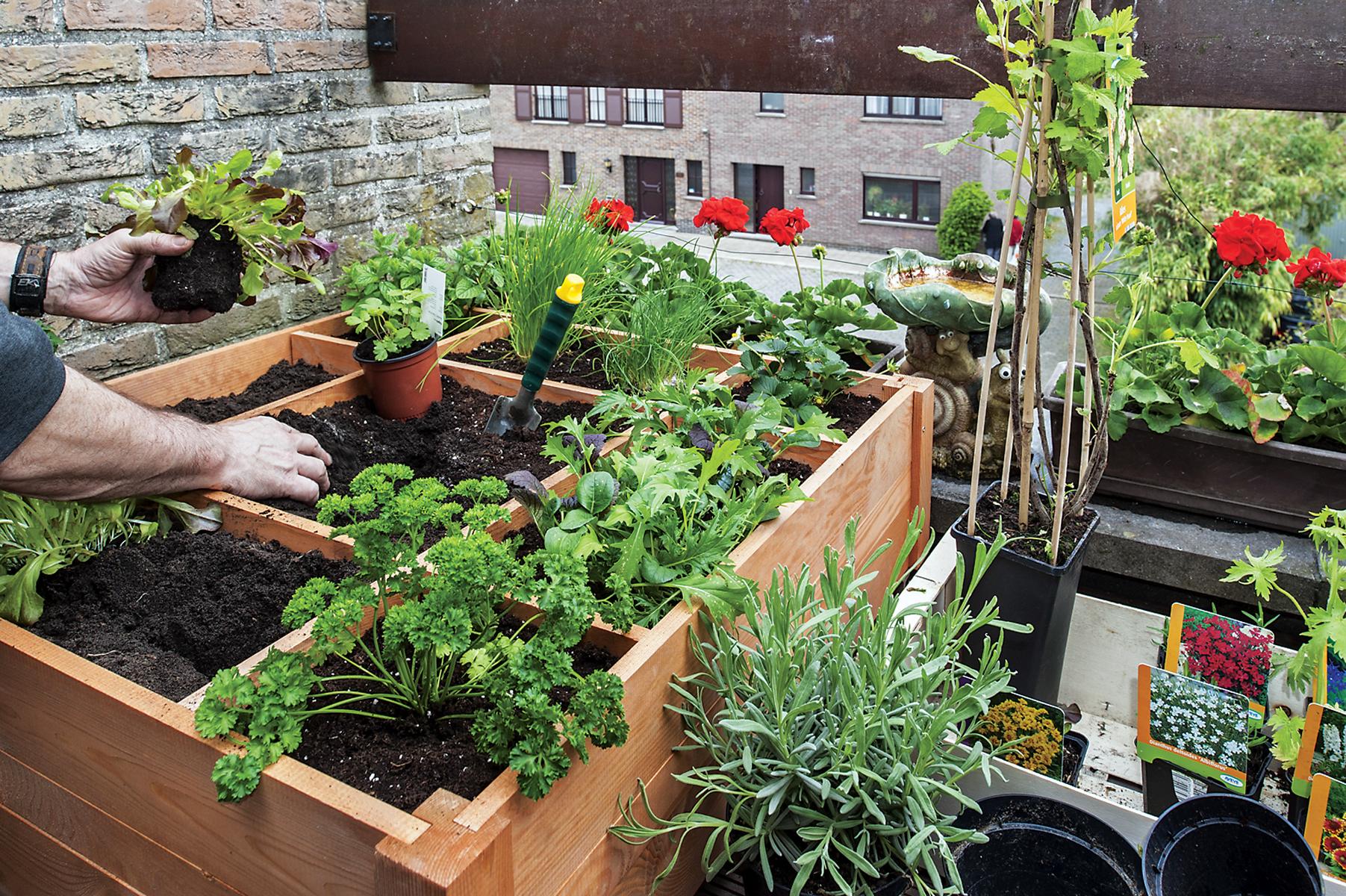
The shift towards sustainable agriculture and eco-friendly gardening practices is a growing trend among green-thumbed enthusiasts and professional horticulturists alike. One particular strategy, known as companion planting, is setting the roots for a substantial change in how we approach pest management, and it's making waves in the chemical industry.
Nature's Pest Control: The Principles of Companion Planting
Companion planting leverages the inherent abilities of certain plants to repel pests or attract beneficial insects, effectively establishing an integrated pest management system. Its practice brings harmony to your garden ecosystem, allowing nature to handle pest control, thus decreasing the reliance on synthetic solutions.
The Benefits and Beauty of Diverse Gardens
Beyond managing pests, companion planting can enhance growth rates, improve flavors, and contribute to the overall health and aesthetic appeal of your garden. The strategic use of herbs and flowers not only prevents pest infestations but can also create a lush and diverse landscape that's as functional as it is beautiful.
Attracting Allies: The Role of Beneficial Insects

Incorporating plants with open cup-shaped flowers into your garden is a tried-and-true method for attracting beneficial insects. By creating a habitat that encourages predatory and pollinating species, you're enlisting nature's very own garden caretakers.
Experimentation and Adaptation in Gardening
While companion planting is an age-old practice, its efficacy can vary depending on numerous factors such as climate, soil type, and local insect populations. Gardeners are encouraged to experiment with different combinations to discover what works best for their unique garden environments.
A Basic Guide to Companion Plants
From alfalfa's soil enriching capabilities to the protective properties of marigolds, the world of companion planting is vast and varied. Here’s a snapshot of plants that can be integrated into your garden strategies:
Herbs and Flowers That Repel Pests

Herbs like basil, anise, and dill are excellent for warding off unwanted insects. Basil is particularly noted for improving tomato health and flavor while repelling flies and mosquitoes.
Vegetables and Greens: Natural Soil Enhancers
Vegetables like beans and greens such as borage not only improve the fertility of the soil by fixing nitrogen but also have pest-deterring properties. Others, like radishes, may protect squash from borers when planted as companions.
Impact on the Chemical Industry
The rise of companion planting may pose a concern for the chemical industry, as it could lead to reduced demand for chemical pesticides. As gardeners and farmers continue to adopt these methods, the focus shifts towards sustainable growth and a diminished environmental impact.
Travel, Hotels, and Companion Planting
The principles behind companion planting are not just limited to personal gardens but can also apply to larger landscapes and even to the lush spaces surrounding travel accommodations like hotels. These institutions can integrate companion planting practices in their decorative gardens or green spaces, offering not only an enchanting natural environment for guests to enjoy but also showcasing a commitment to sustainable practices.
Porto Seguro
- Club Med Trancoso
- Arraial D'Ajuda
- Porto Seguro Eco Bahia Hotel
- Portobello Praia Hotel
- La Torre Resort
- Morena Jambo
- Praia Do Eden
- Mar Paraiso Hotel
- Hotel Vale Verde Porto Seguro
- Bosque Do Porto Praia Hotel
- Hotel Brisa Da Praia Porto Seguro
- Hotel Da Praia Porto Seguro
- Porto Bahia Hotel
- Malibu Porto Hotel
- Pontal Praia Hotel
- Arraial D'Ajuda
Maceio (Alagoas)
- Comfort Hotel Maceio
- Ritz Lagoa Da Anta
- Pratagy Beach Resort
- Salinas Maceio
- Maceio Mar Hotel
- Hotel Refugio Maceio
- Laguna Praia Hotel
- Hotel Praia Bonita Jangadeiros
- Pousada Nossa Casa
- Maceio Brazil
Natal
- Porto Suites Natal Hotel
- Wish Natal
- D Beach Resort
- Tirol Praia Hotel
- Valencia Hotel Natal Natal
- Pousada Natal Paradise
- Soleil Garbos Hotel
- Esuites Vila Do Mar
- Hotel Sol Nascente
- Natal Holidays
Salvador
- Farol Da Barra Salvador
- Fasano Salvador
- Wish Hotel Da Bahia
- The Hotel Salvador
- Hotel Deville Prime Salvador
- Hotel Golden Park Salvador
- Pousada Do Carmo Salvador
- Salvador Brazil Holidays
Porto de Galinhas
Recife
- Novo Hotel Recife
- Grand Mercure Recife Boa Viagem
- Hotel Boa Viagem
- Radisson Recife
- Pousada Praia Boa Viagem
- Marante Plaza Hotel
- Hotel Luzeiros Recife